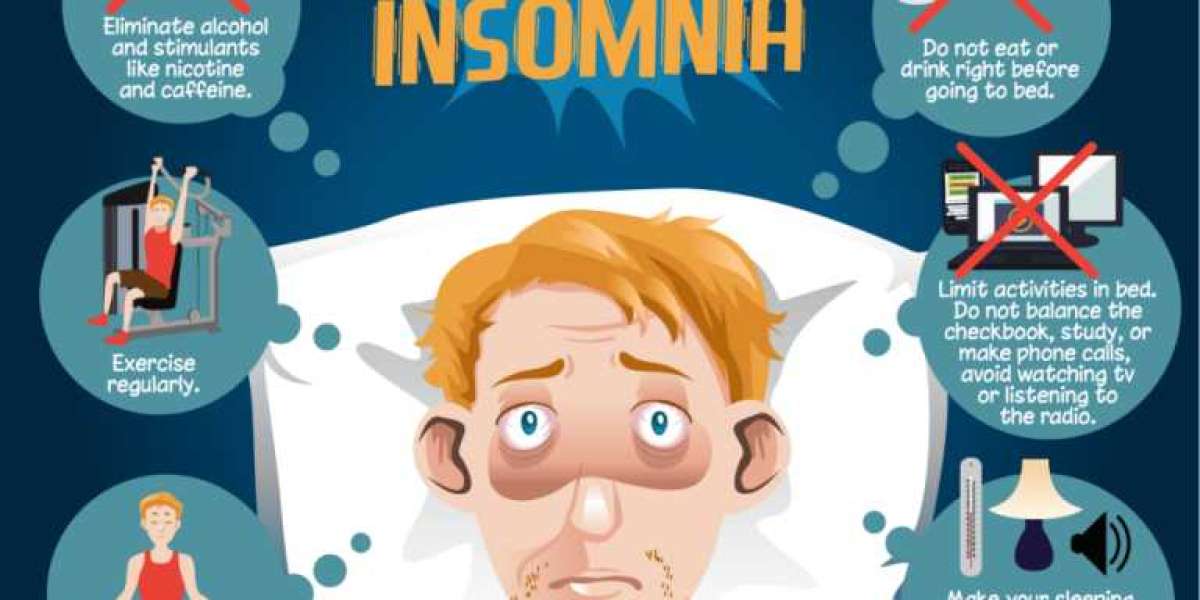We all need a good night’s sleep as it is a vital part of keeping your overall health in check. If you find sleep difficult coming by, or sleeping through the night, this could be a sign you are battling insomnia. In a nutshell, insomnia is a sleep disorder that makes it hard for you to fall asleep or stay asleep.
One important fact to remember is that adults need about seven to nine hours of sleep every night. This number varies from one person to the other depending on a wide range of factors. More important than how many hours you sleep is the quality of your sleep each night.
If you suspect yourself to be experiencing insomnia, it is best to enlist medical attention within the shortest time possible. The good news is there are several treatment options for insomnia you can try at home. That’s what you need to improve the quality of your sleep and help change your life for the better.
A perfect way to go about this is by getting in some daily physical activity as a remedy for your insomnia problem. Exercise is perfect for your overall health, and research shows it also helps to improve your sleep quality. And that’s easily understandable since exercise releases endorphins that make you feel awake and energized.
Aside from incorporating physical activities in your life, you should also consider practicing good sleep hygiene and sleep habits. Doing that has the potential to help ensure you overcome your insomnia. What this simply means is that you need to stick to a regular sleep schedule every day.
The best way to go about this is by setting a regular bedtime and a regular wake up time so that your body gets into the habit of sleeping during those hours. Avoid taking naps throughout the day to be more tired when it comes to your nightly bedtime.
It is possible to fight your insomnia problem at home by employing different tactics. If you’ve tried different insomnia remedies at home and they aren’t working, it may be better to see a doctor.
Your medical practitioner may give you a physical exam and will ask you questions about your sleep habits and patterns. Ensure you see a doctor if your insomnia lasts months or it is constantly affecting your daily life.








